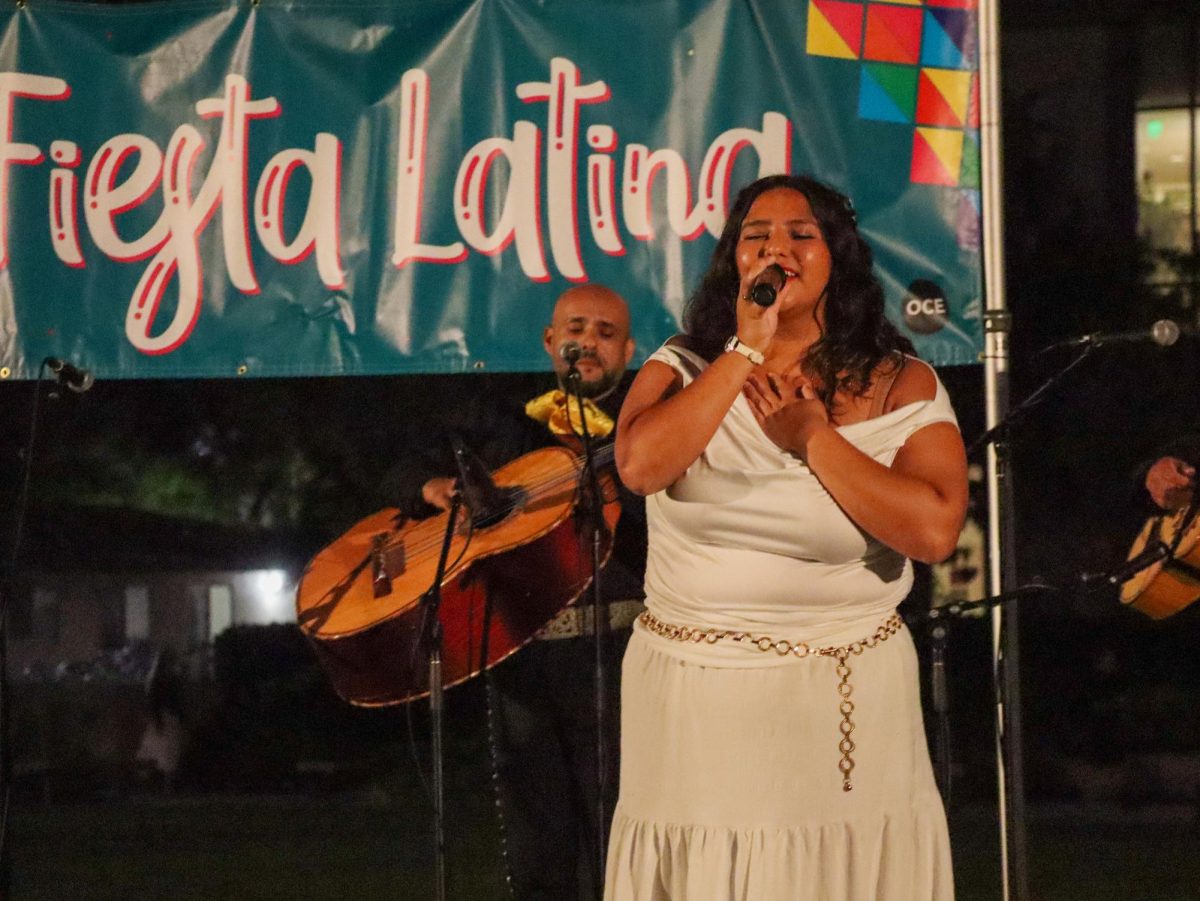Within the next five years, several required general education classes may not be mandatory for graduation. The administration and Associated Students (AS) are discussing Biola’s approach to general education and the way classes are integrated into the university’s goal for student learning.
Biola is a nationally ranked research institution, as a school specializing in biblical teaching with a solid area of liberal arts. It has balance necessary in providing students with a well rounded education that touches upon many facets of life and the process of learning. Last year, Biola’s faculty established a new academic plan, which outlined a new university approach towards general education.
General education at Biola is centered around four core principles: developing intellectual skills, educating whole persons, understanding Christian heritage, and becoming thinking Christians. It is these principles that are currently focused on and whether or not they need to be changed.
The complete implementation of changes in general education is a few years away. Any changes that are made will slowly go into effect, a process that will be spread over four to five years. During this time, classes deemed unnecessary to the goals of Biola will be phased out, and new classes will begin. As of now, no specific classes have been looked at.
Students who will be in the middle of their general education as the changes take place will not be affected; the university will hold to the education they promised students in the catalog of classes given to them in the year they entered the university.
The 30-unit Bible requirement will not be changed, but the classes themselves may change in the way they are held and applied to the rest of general education. The Bible department is reviewing this area of education.
The new academic plan and need for review came out of the accreditation Biola received last year as a university by the Western Association of Schools and Colleges (WASC). The process involves an agency reviewing the university’s policies and education process and establishing whether or not it is giving a quality education to students. It is similar to a peer review, like a recommendation to others about the school. This accreditation certified Biola’s standing in education for the next 10 years, the longest possible for accrediting, but said the school should make a few changes over the coming years.
What the WASC said was needed most was “improving the flow and consistency of our GE courses,” according to Commuter Senator Andrew Webb, one of the students taking part in the review boards.
“There also is little coherence between the various subjects, and it feels like each subject and each professor has their own territory to teach what they want,” Webb said. “The committee wishes to improve upon all these things in ways the students and professors can both benefit from.”
The main goal of the meetings is to evaluate the core values Biola uses to judge and approve possible classes and see whether or not these rules are still applicable, since they have not been significantly changed in the past 15 years.
“We need to revise some of [the elements] to meet some of the issues that are part of our world today that weren’t prevalent 15 years ago,” said Provost and Senior Vice President Dr. Gary Miller.
Within these meetings, there are four areas that need improvement. The committee is looking for more coherence between the different departments so they can coordinate education between classes better. They also want to give students more choices and options in picking their general education courses so they can better shape their own education. Incorporation of Biola’s mission in each class is also a main focus, as well as involving the student body in deciding what classes should be changed.
The meetings are still underway; no classes have been touched yet, as “the focus remains on the philosophy of general education right now,” according to Miller.
Whatever the decisions will be, in a few years Biola will significantly change how education is shaped for its students.






